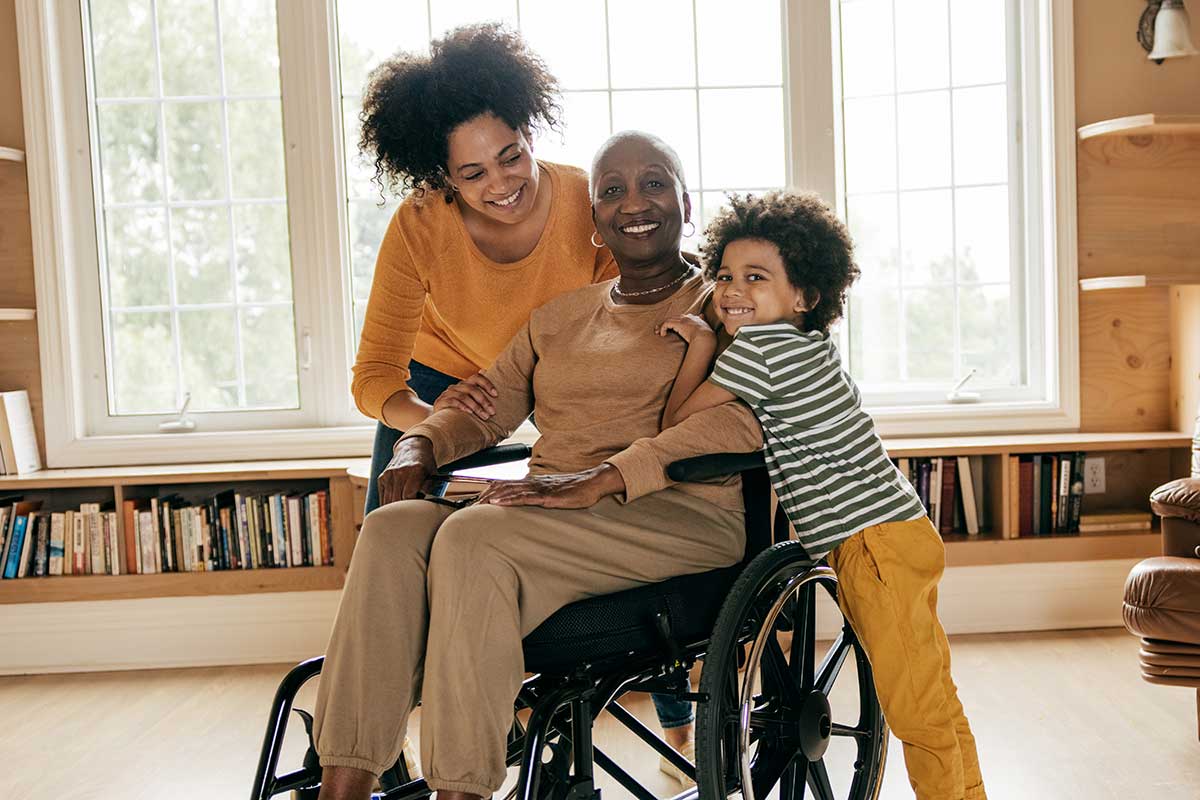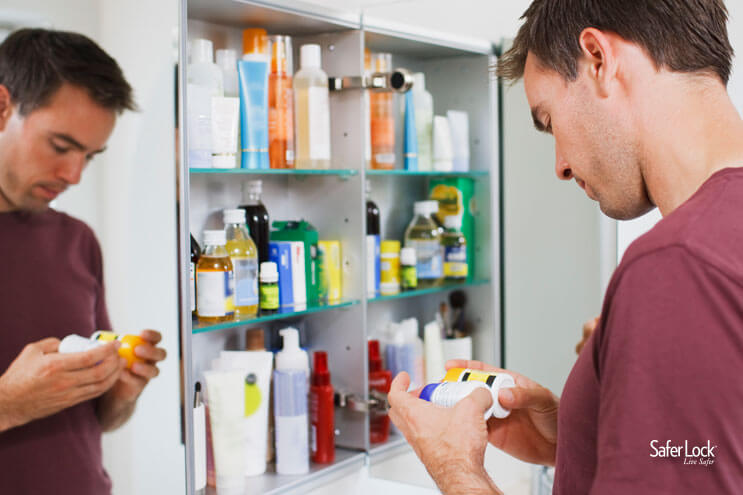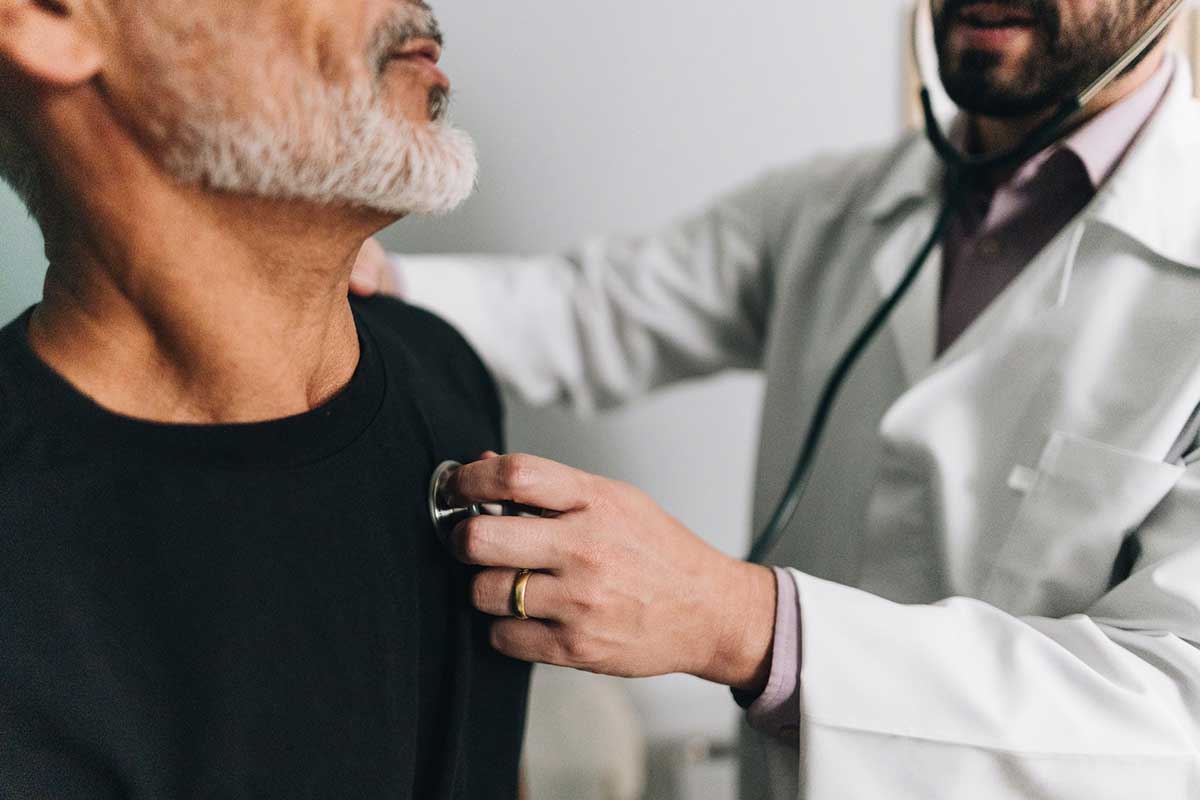How dangerous are the medications in your home?
For teens, pre-teens, and young adults, the medications in your home could be an easy way to experiment with substance abuse. Whether it’s prescription medications or over-the-counter cough and cold remedies, every family should be aware of the risks and dangers of medicine abuse.
Here are 10 things to know about medicine abuse:
1. Medications are Easily Accessible to Youth
Whether it’s a potent prescription or a bottle of cough syrup, medications provide an easily accessible opportunity for teens to experiment with substance misuse.
52 million (18.4%) of Americans over the age of 12 have deliberately misused prescription medications at least once in their lifetime, according to the National Center for Drug Abuse Statistics (NCDAS).
About 4% of teens and pre-teens are misusing OTC cough and cold medicines containing DXM to get high.
2. Prescription Opioids Can Be Addicting
Teens may experiment with prescription drugs because they believe they are “safer” than street drugs because they are prescribed by a medical professional.
What they don’t realize is the potential for addiction lurking in those pills.
One side effect of opioid use is tolerance. As someone continues to take opioids, their body can become tolerant of their effect, meaning it requires more and more of the substance to get the same pain-relieving (or euphoria-inducing) sensation.
What once took one pill to achieve now takes two. And then three.
At the same time that the body is becoming tolerant, it can also become dependent. Not taking the medication can lead to unpleasant physical symptoms. After a while, users find themselves taking the pills just to feel “normal.”
Because of tolerance and dependence, prescription opioid experimentation can quickly spiral into a substance abuse disorder.
Prolonged use can also lead to a host of serious side-effects of long-term opioid use, such as hormonal dysfunction, immunosuppression, and kidney damage.
3. Young Adults are the Biggest Abusers of Rx Drugs
Non-medical use of prescription drugs is highest among young adults aged 18 to 25.
Teens and young adults are using prescription medications such as opioid painkillers, ADHD stimulants, and anti-anxiety drugs for a variety of reasons, including to:
- Get high
- Study better
- Deal with problems
- Feel better
- Relieve pain
- Sleep
- Feel better
- Relax
- Have a good time with friends
- Counter the effects of other drugs
- Lose weight
- Feel less anxious
4. RX Drug Abuse can be Deadly
Opioid overdoses are the most common cause of drug-related deaths in the United States. That includes prescription opioid painkillers, antianxiety medications, antidepressants, and illicit counterfeit pills laced with deadly fentanyl.
In 2023, prescription drugs were associated with the following deaths:
- 13,026 deaths involved prescription opioids (painkillers)
- 10,870 deaths involved benzodiazepines (anti-anxiety medications)
- 5,783 deaths involved antidepressants
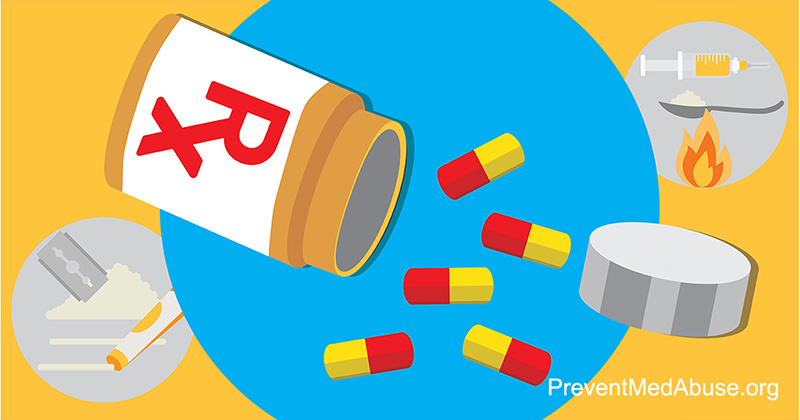
5. Rx Opioid Use is a Risk Factor for Heroin Use
Heroin use has been on the rise in the U.S. since 2007, a trend that appears to be driven by young adults aged 18 to 25.
First-time heroin use is 19x higher among people who have reported previous non-medical use of prescription painkillers than those who have not.
A study of young, urban injection drug users found that 86% had used opioid pain relievers non-medically prior to using heroin.
6. Fentanyl Opioid Deaths on the Rise
Since 2016, fentanyl has surpassed prescription opioids as the most common drug involved in overdose deaths in the U.S.
Fentanyl is a powerful synthetic opioid that is up to 100x more potent than morphine and 50x more potent than heroin.
Due to its chemical structure, fentanyl has rapid and potent effects on the brain and body, and even very small amounts can be extremely dangerous.
A single dose of fentanyl can lead to instant overdose and death.
Illegal, non-medical fentanyl is cheaply produced in illicit labs. Because it’s so cheap to produce, it’s often mixed in with heroin or added to counterfeit pills.
The DEA warns of the dangers to teens, who can access counterfeit pills on their smartphones from dealers on social media. These pills may be marketed as legitimate prescriptions for painkillers, ADHD medications, or anti-anxiety medications, when in reality, they could be counterfeit versions containing lethal doses of fentanyl.
7. Parents Could be Unknowing Suppliers
The study of young injection drug users found that these urban youths got their start using prescription pain relievers they obtained from three sources:
- Family
- Friends
- Personal prescriptions
Two-thirds of young adults who report prescription medicine abuse are getting the drugs from family and friends. But that doesn’t mean they’re getting them with permission.
Sometimes a teen or young adult will help themselves to a parent’s opioid prescription: taking one or two pills at a time from an easily accessible bottle without detection.
Parents who keep their prescription medications unlocked in a bathroom medicine cabinet, kitchen cabinet, bedside table, purse, or briefcase could be unknowingly supplying their kids (and their friends) with a steady supply of drugs.
8. Teens are Abusing Cough Medicine
Roughly one in four teenagers knows of someone who has abused cough medicine to get high, and one in 31 reports doing so themselves.
OTC cough medicines are inexpensive and easily available. And many teens think they’re safer than illicit or prescription drugs to get high.
Dextromethorphan (DXM) is the main ingredient in cough medicines. Teens are taking large doses of DXM-containing medicines—sometimes as much as 25x the recommended dosage—to get high.
When taken in large doses, DXM causes a depressant effect and sometimes a hallucinogenic effect, similar to PCP and ketamine.
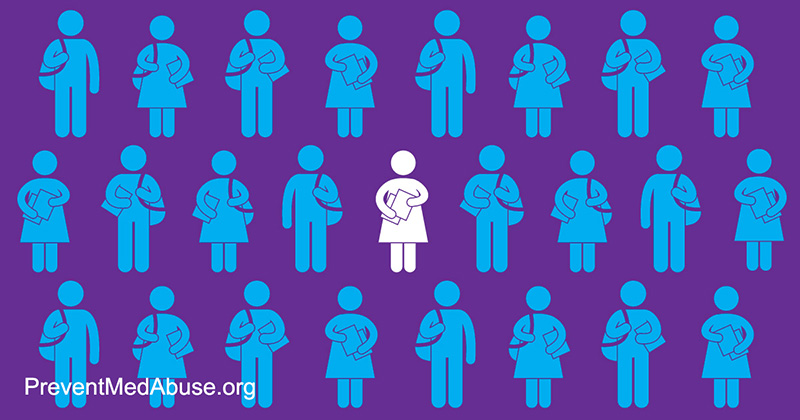
1 in 30 teens has abused cough medicine to get high.
9. OTC Medicine Abuse More Common in Younger Teens
The rate of OTC medicine abuse is highest among 8th graders compared with 10th and 12th graders. OTC medicines are the only class of drugs whose use is more prevelant in 8th graders than 10th or 12th graders, except for inhalents. Both OTC medications and inhalents, which includes common household items such as markers, spray paint, and glue, are easily accessible in most homes.
Older teens are more likely to misuse prescription drugs and experiment with illicit drugs as they get older.
10. OTC Medication Abuse Can be Dangerous
Short-term effects of DXM misuse can range from mild stimulation to alcohol- or marijuana-like intoxication. At high doses, a person may have hallucinations or feelings of physical distortion, extreme panic, paranoia, anxiety, and aggression.
Other health effects from DXM misuse can include the following:
- hyperexcitability
- poor motor control
- lack of energy
- stomach pain
- vision changes
- slurred speech
- increased blood pressure
- sweating
As with other opioids, when people overdose on DXM, their breathing often slows or stops. This can decrease the amount of oxygen that reaches the brain, a condition called hypoxia. Hypoxia can have short- and long-term mental effects and effects on the nervous system, including coma, permanent brain damage, and death.
October is National Medicine Abuse Awareness Month
October is National Medicine Abuse Awareness Month. This annual campaign raises awareness of the dangers of prescription and OTC medication abuse.
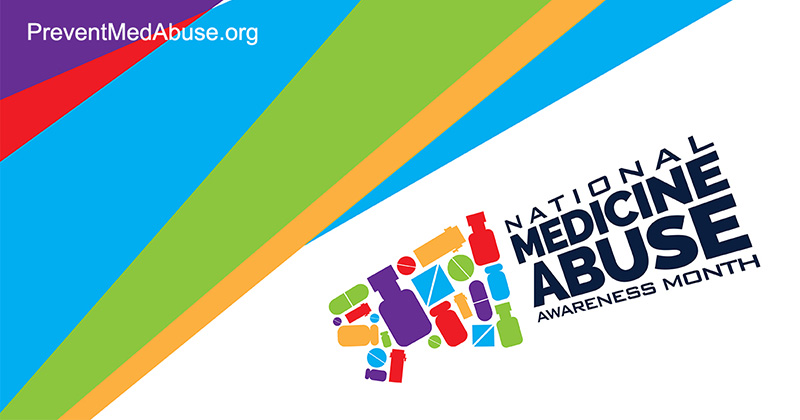
Protecting Teens from Medicine Abuse
How can parents protect their teens from experimentation with medicines that can potentially lead to addiction or overdose?
Stopmedicineabuse.org recommends the following:
- TALK to your teen about OTC cough medicine abuse.
- MONITOR your medicine cabinets and your teen’s activities.
- SHARE what you have learned with other parents and community leaders.
Be sure you’re using and storing medicines safely in your home.
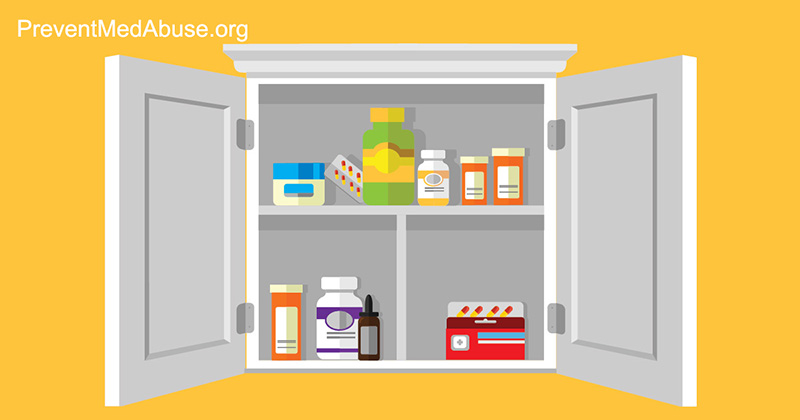
Be sure you’re using and storing medicines safely in your home.
Talk to Your Teens
You may not realize it, but when you talk, your kids listen. Teens who learn about the risks of drugs from their parents are 50% less likely to use drugs. Many teens who experiment with OTC and Rx medicines mistakenly think these drugs are “safer” alternatives compared to illicit street drugs.
Make sure your teens know the truth: medicine abuse can lead to substance abuse, serious health effects, and even death.
Monitor Your Medicines
The easiest way to protect your kids from medicine abuse is to start in your own home.
- Know what’s in your cabinet.
- Lock up prescription painkillers, anti-anxiety meds, or ADHD meds.
- Keep track of how much medication you have on hand.
- Dispose of unwanted, unneeded, or expired meds.
- Keep all medicines out of reach and out of sight of children.
- Watch your teens for signs of drug abuse.
Share What You Know
Not everyone knows about the dangers of medicine abuse. Share this post with your friends and on your social feeds. Talk to other parents about the serious dangers of medicines, both prescription and over the counter.
For more information about Medicine Abuse Month and prevention strategies you can use in your own home, visit preventmedabuse.org. #preventmedabuse

